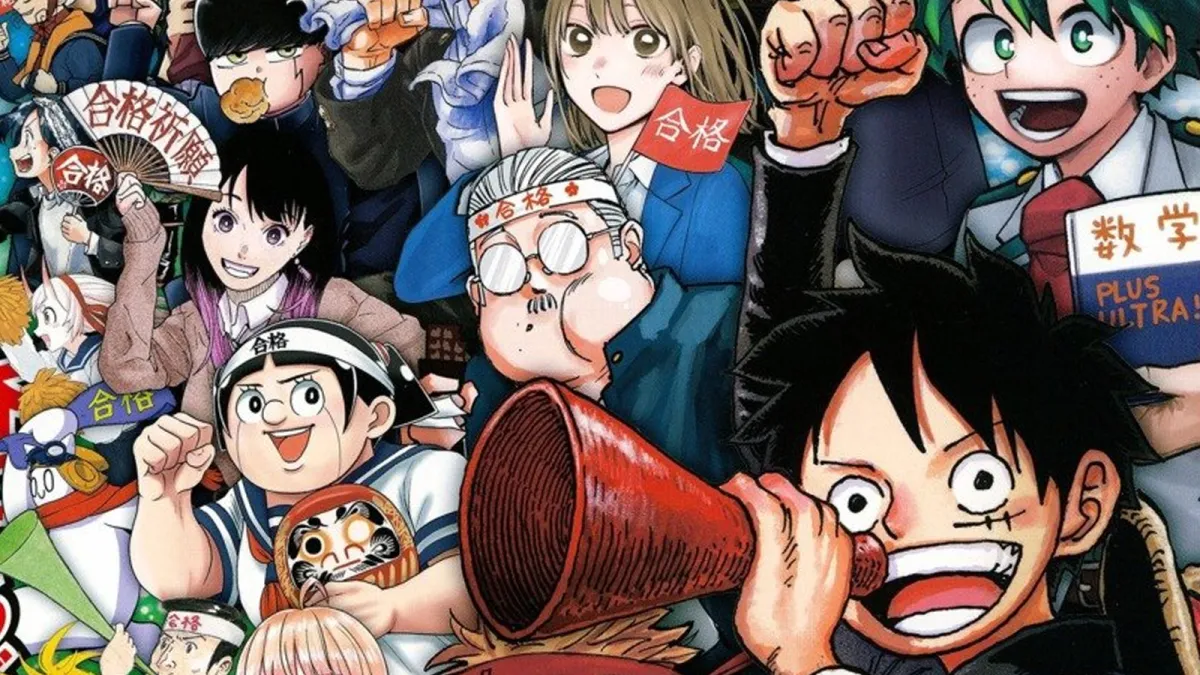The Art of Game Design author Jesse Schell says releasing a demo for a videogame can cut its sales in half.
Oldsters like me will remember something called “shareware” which, simply put, provided people with limited access to a game and gave them the opportunity to pay if they wanted to play the whole thing. It’s a system that made the guys at Id Software very rich, but you don’t hear much about shareware or game demos anymore, despite their near-ubiquity back in the day.
Jesse Schell, the author of The Art of Game Design and CEO of “crowd-designed” game company Puzzle Clubhouse, may have some insight into why. Speaking at DICE 2013, Schell claimed that releasing a demo actually has a very powerful negative impact on a game’s sales because they provide gamers with an avenue to sate their curiosity without having to actually spend any money.
Citing EEDAR data on cumulative Xbox 360 unit sales over a six-month period, Schell demonstrated that games with a demo and a trailer sold roughly half as many copies as those with a trailer but no demo. “You mean we spent all this money making a demo and getting it out there, and it cut our sales in half?” he asked during his presentation. (The relevant bit starts at the 10:00 mark.)
“Yes, that’s exactly what happened to you,” he continued, answering his own rhetorical question. “Because when you put the demo out, people have seen the trailer and they’re like, ‘That’s cool… I gotta try that game.’ And then when they’ve played the demo [they think], ‘Alright, I’ve tried that game, that was okay, alright, I’m done.’ But the things with no demo, you’ve gotta buy it if you want to try it.”
It is perhaps not the most gamer-friendly way to look at things and he also rather obviously overlooks one of the most common rationalizations for piracy, the oft-heard claim that it allows potential customers to “try before they buy.” But from a business perspective – and like it or not, this is a business – it also proves the inherent fallacy in the statement by showing that piracy, even when used as a channel for unofficial demos, has a negative impact on game sales. It’s easy to claim you wouldn’t have purchased a game anyway when you’ve already played it, after all. But is it “right” that game publishers should so brazenly exploit the curiosity of gamers? Schell may have numbers on his side, but I suspect that not everyone will agree with him.
Source: Variety (YouTube)













Published: Feb 12, 2013 1:01 AM UTC